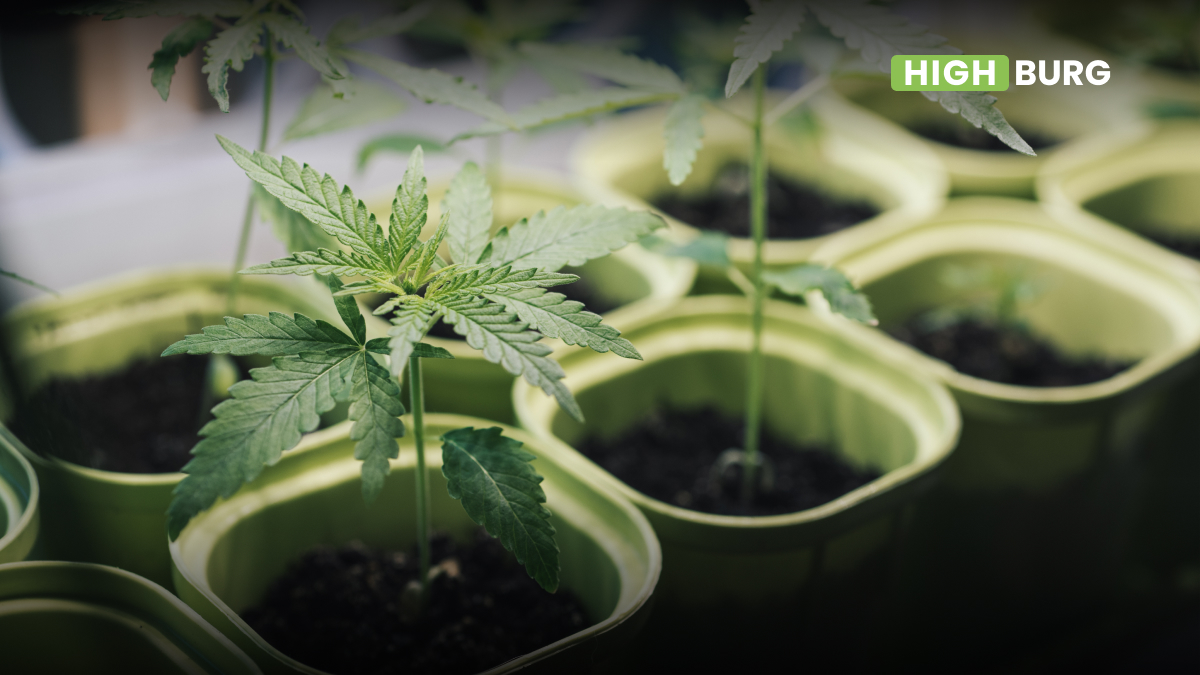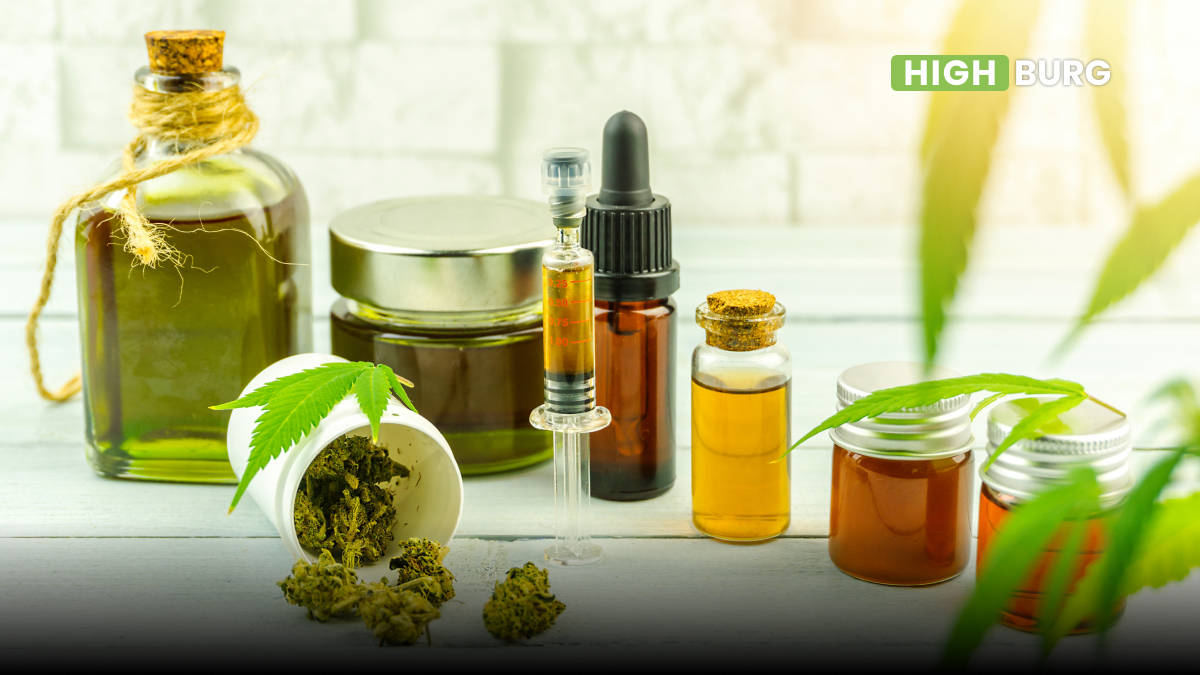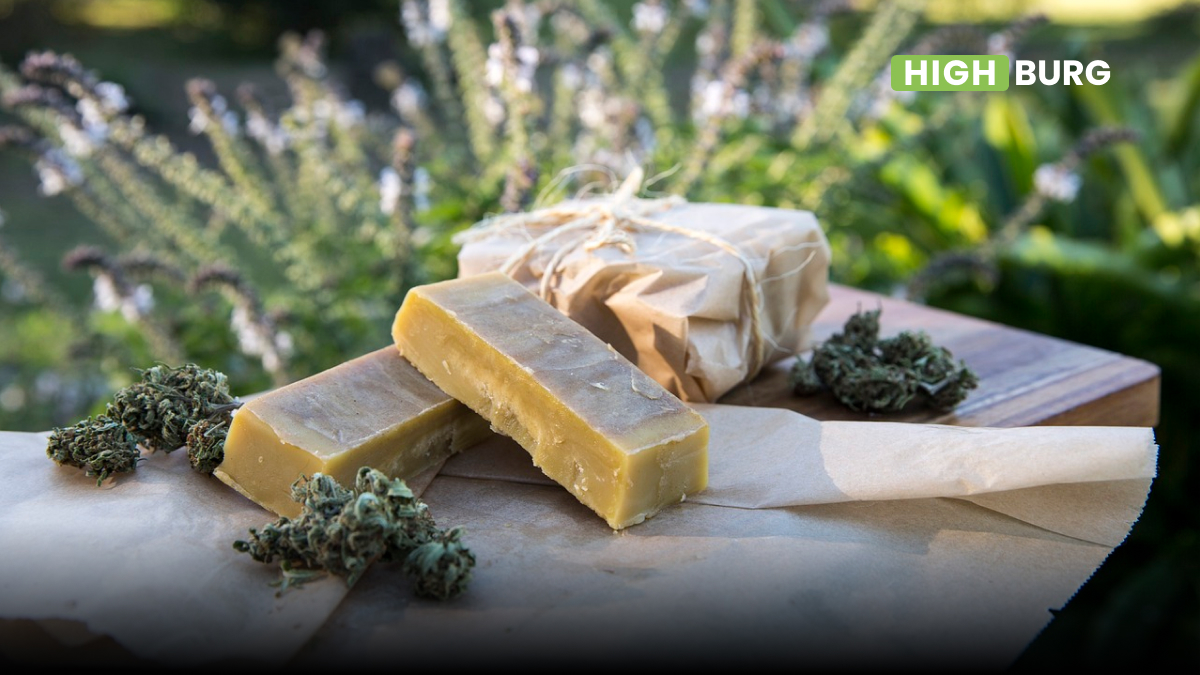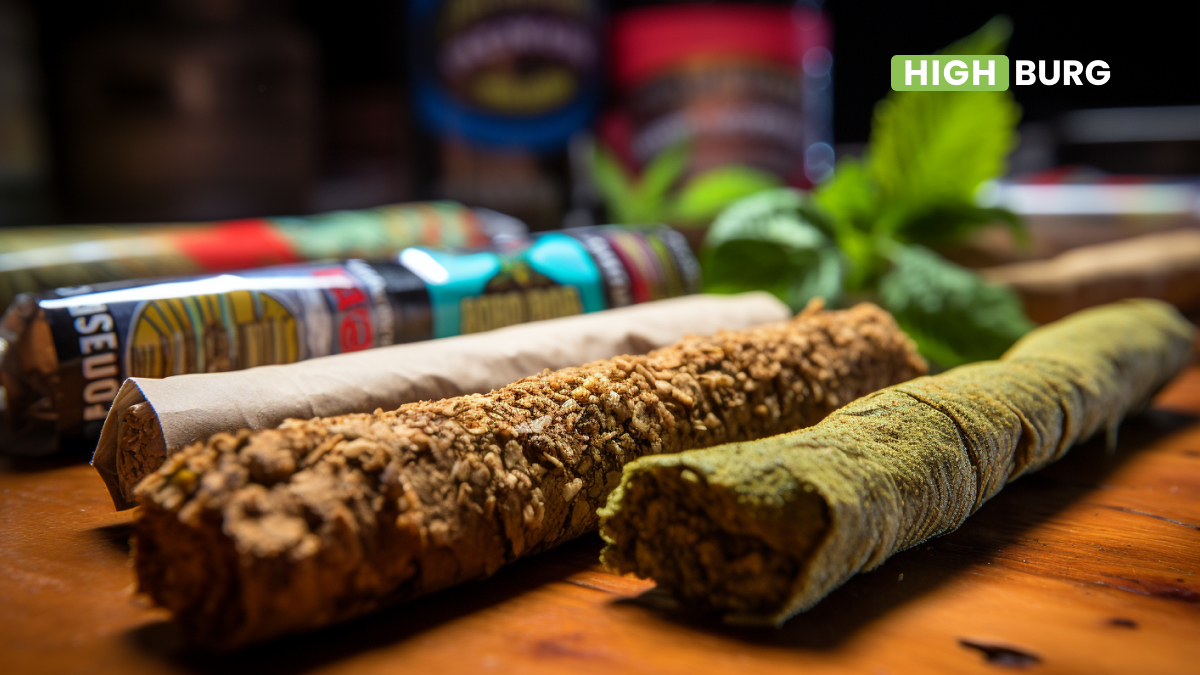Growing cannabis can be both fun and rewarding. Plus, it’s an incredibly cost-effective way to get the cannabis strains you like or need most. However, growing cannabis isn’t as simple as some people would have you believe, especially for organic cannabis growers.
There’s a major advantage to growing organic cannabis, especially since cannabis plants are bio-accumulators, meaning they absorb everything from the soil—good and bad. Because people consume cannabis in various ways, including inhaling it, there are serious health risks associated with cannabis plants absorbing pesticides and heavy metals.
What to Look For in Organic Cannabis Fertilizer
Choosing the ideal cannabis fertilizer doesn’t need to be complicated. You just need to keep the basics of the plant’s biology in mind. If you’re really familiar with cannabis, you can even create your own organic fertilizer, though it’s almost always a safer option to purchase a pre-formulated one.
What is NPK?
If you’ve ever looked into cannabis fertilizers before, you’ve probably heard the term, “NPK.” It’s a brief acronym for the three primary macro-nutrients that the cannabis plant needs: nitrogen, phosphorus, and potassium (The chemical symbol for potassium is “K”). When you see three numbers written like, 10-10-10, on a fertilizer package, those numbers are referring to the percentages of nitrogen, phosphorus, and potassium, in that order.
Cannabis plants need different amounts of each nutrient during the different stages of their lifecycle. During the vegetative stage, plants need higher levels of nitrogen than they do during the flowering stage because cannabis plants need nitrogen to grow their leaves and stems.
There’s bound to be plenty of debate on the exact ideal percentages, but there are a few general rules that are always a safe bet. In the vegetative stage, a high percentage of nitrogen is recommended. Only moderate levels of phosphorus are required in the vegetative stage. Then, high percentages of potassium are best in the vegetative stage as well.
When it comes to the flowering stage, the plants will only need minimal amounts of nitrogen. They’ll need slightly more phosphorus than the vegetative stage, and they’ll still require high levels of potassium.
Additional Minerals and Nutrients to Look For
In addition to the main macro-nutrients, cannabis plants require an array of other nutrients to help them grow, stay healthy, and produce a rich cannabinoid profile. Generally, a good organic soil mixture will provide these nutrients, so you won’t need to worry too much about them on your own. If you’re making your own fertilizer, though, you should keep these in mind.
Common nutrients that cannabis plants need include:
- Calcium;
- Sulfur;
- Magnesium;
- Iron;
- Zinc;
- Copper;
- Manganese;
- Boron.
You may also want to look for organic fertilizers that utilize citric acid, which helps improve nutrient absorption and mycorrhizae, a special kind of fungi that are beneficial for the plants growth through increased nutrient absorption. Among the most efficient mycorrhizae strains for cannabis growth there are the Rhizophagus irregularis, Glomus intraradices and the Funneliformis Mosseae.
What Are Common Organic Fertilizer Ingredients?
Organic fertilizers require natural components, which can vary widely in nature. Granted, many of these options probably don’t sound very appealing, but they are rich in nutrients that plants need. Some of the top organic fertilizer components include:
- Compost;
- Compost tea;
- Guano;
- Work castings;
- Kelp;
- Molasses;
- Fish hydrolysate;
- Bone meal;
- Blood meal.
If you’re making your own fertilizer, be certain to find the appropriate mix of these based on the nutrients that they provide. Whatever you choose, there are plenty of fantastic organic options to provide your cannabis plants with an optimal nutritional profile to ensure rapid and healthy growth throughout their lifecycle.



